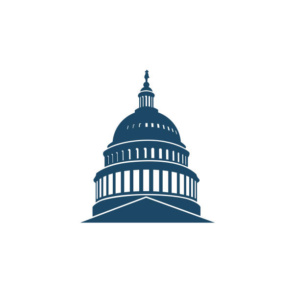
On April 19, 2023, the Elder Justice Reauthorization and Modernization Act of 2023 (H.R. 2718/S.1198), which reauthorizes the Elder Justice Act and dedicates new funding to programs that safeguard older adults and adults with disabilities from abuse, isolation, and neglect, was introduced in both chambers. The sponsors of the bill are House Ways & Means Committee Ranking Member Richard E. Neal (D-MA), Senate Finance Committee Chairman Ron Wyden (D-OR), Senate Special Committee on Aging Chairman Bob Casey (D-PA), and Co-Chair of the House Elder Justice Caucus Congresswoman Suzanne Bonamici (D-OR).
The Elder Justice Act (EJA) was enacted in 2010 and operates under the Administration of Community Living (ACL). The EJA created the first federal program designed to combat abuse, neglect and exploitation of older adults. The law authorized a variety of programs and initiatives to better coordinate federal responses to elder abuse, promote elder justice research and innovation, support Adult Protective Services (APS) systems and provide additional protections for residents of long-term care facilities.
The National Center for Medical-Legal Partnership is pleased to see that the Elder Justice Reauthorization and Modernization Act of 2023 would create three new programs: to address medical-legal needs, respond to social isolation, and strengthen the long-term care workforce. The legislation directly appropriates $4.5 billion for new and existing EJA programs and activities through fiscal year 2027, including $500 million to support linkages to legal services and medical-legal partnerships (MLPs). We commend and thank the Members of Congress who introduced this important legislation that recognizes the indispensable role of MLPs in carrying out the full intent of the EJA and directly addresses their critical need for ample, sustainable, and dedicated funding.
This announcement comes more than a year after dedicated funding that would have supported the implementation of medical-legal partnerships (MLPs) that serve the unique needs of older, vulnerable Americans was stripped from the Build Back Better Act.
To read a full summary of the bill, click here.
Subscribe to the MLP Update to make sure you do not miss future updates and opportunities to weigh in on this important legislation. Questions can be sent to ncmlp@gwu.edu.
